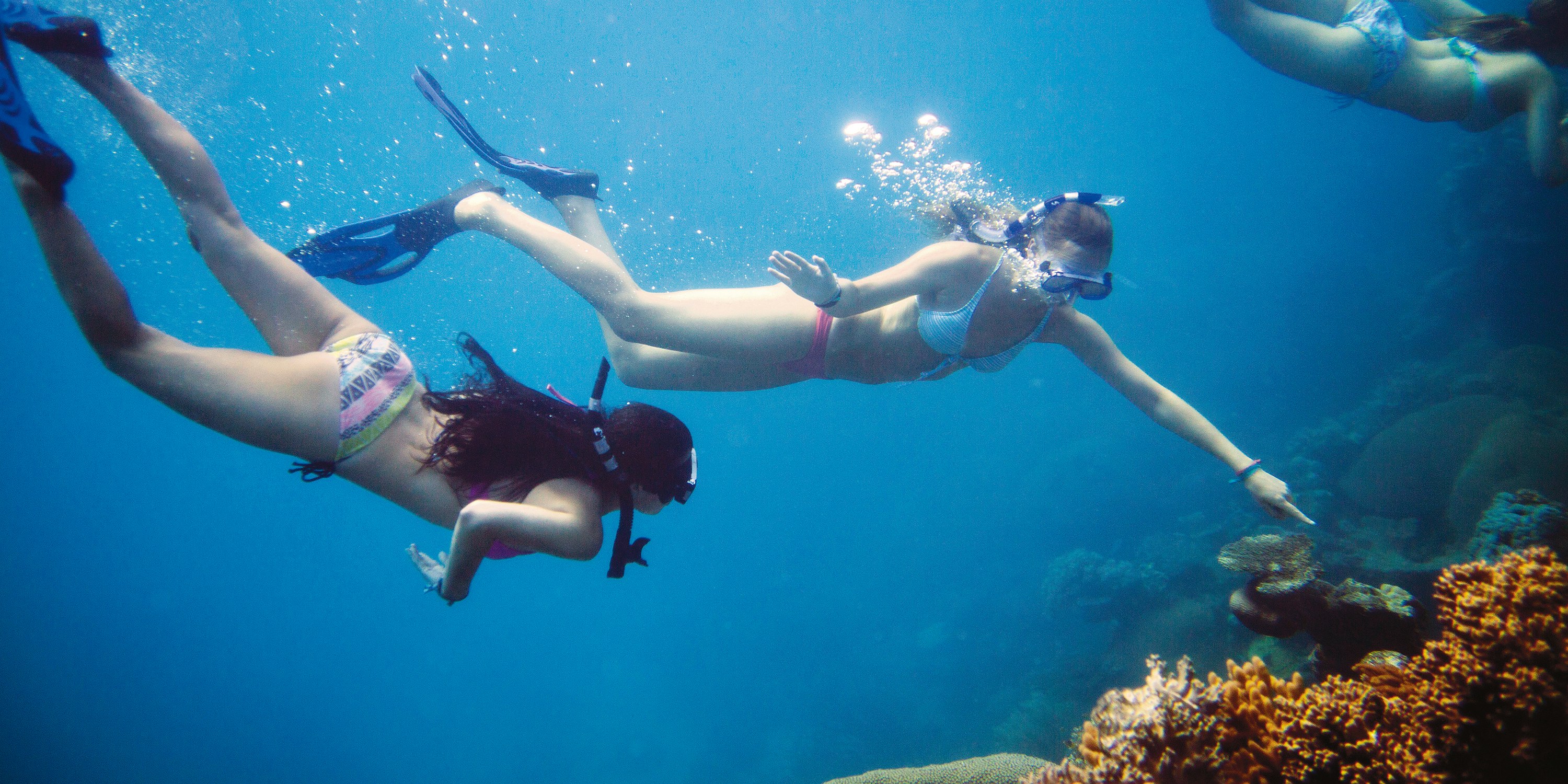Travel this program in the future
| Find out when new dates are available |
Explore the world’s third-largest coral reef system and thousands of marine species in Fiji. Get a head start on your career in marine or animal conservation by tracking fish populations, monitoring the health of various reef habitats, and observing marine life behavior. Then help with development projects that contribute to the ecological balance of this aquatic wonderland. Your hard work will be rewarded with snorkeling trips alongside manta rays, exotic fish, and sea turtles in this stretch of reef. Visit majestic sand dunes and kayak with your new friends along the coast before parting ways.
Similar Programs Available Now

This small, but friendly country is the only Central American country that is part of the Caribbean.
Age 14-18
$2,495
-
-
Country:
-
-
-
Department:
- Student Travel
-
-
-
Duration:
- 16 Days
-
-
-
Max. Students:
- 18
-
-
-
Ages:
- 14-18
-
-
-
Cost:
- $5,295 plus Airfare
-
-
-
Service Hours:
- 26
-
-
-
Interests:
-
-
-
At-A-Glance:
-
Accomodation Amenities
Adventure/Physicality
Educational Activities
On-Program Travel
-
Packing the right gear (and the right amounts) is the first step to an incredible travel experience. Follow these tips to pack like a pro:
Travel light. Pack only the essentials. You’ll need less than you think!
Bring the right clothes. Pack clothes that are culturally appropriate for your destination and acceptable for service projects. This means bringing long shorts (think Bermuda and basketball shorts), t-shirts with sleeves to cover shoulders, and appropriate footwear.
Leave your valuables behind. While traveling, it’s easier for things to get lost, stolen, or damaged. Keep any prized possessions safe at home.
Check with TSA. Make sure your luggage complies with TSA regulations, especially your carry-on. Useful tip: Pack an empty water bottle and fill it up after security.
Extra paperwork? If you need additional forms filled out to get credit for your service hours, no problem! Bring these forms with you so they can be completed in-country.
A school backpack or a similar sized bag is ideal.
- Passport
- Photocopy of passport
- Wallet/money
- Journal and pens
- Book
- Phone
- Camera
- Chargers
- Ear buds
- Change of clothes
- Water bottle
- Medication
- Additional community service forms
- Any relevant Scuba Diving certifications
- Small backpack or overnight bag (if not already using as carry-on)
- Outlet power converter
- Consent to Travel form
- Rustic Pathways emergency contacts
A 50-70 Liter duffel bag or backpack is ideal.
Clothes
- Socks (6-8)
- Underwear (10-12)
- Pants/capris (2-3)
- Long, knee-length shorts
- Long skirt (2-3)
- Tank Tops (3-5)
- T-shirts (6-8)
- Long sleeved shirt (2-3)
- Fleece/hoodie
- Pajamas
- Swimsuit (1-2)
- Quick dry towel
- Beach towel/sarong
- Rain jacket
- Strappy sandals (like Tevas or Chacos)
- Sneakers
- Sunglasses
- Hat
Toiletries
(Travel size bottles in Ziploc bags)
- Shampoo
- Conditioner
- Body wash
- Face wash
- Toothbrush
- Toothpaste
- Oxybenzone-free sunscreen (reef-safe)
- Bug spray
- Feminine hygiene products
- Contacts
- Contact solution
- Foam ear plugs
- Personal med kit
- Deodorant
- Wet Wipes Razor/shaving cream
Other (Required)
- Work gloves
- Sleeping bag (35 degrees and up)
- Headlamp/flashlight
- Diving mask
- Snorkel
- Long-sleeve water shirt
- Water shoes
- Visas for students traveling on U.S. passports will be issued upon arrival. Make sure you check that you are in Fiji on “Holiday” when you fill out the customs and immigration form on the plane.
- Leggings DO NOT count as long shorts. Long shorts must be loose fitting, like basketball shorts, or cargo shorts.
- You will be receiving a “sulu,” a traditional Fijian sarong, when you arrive!



